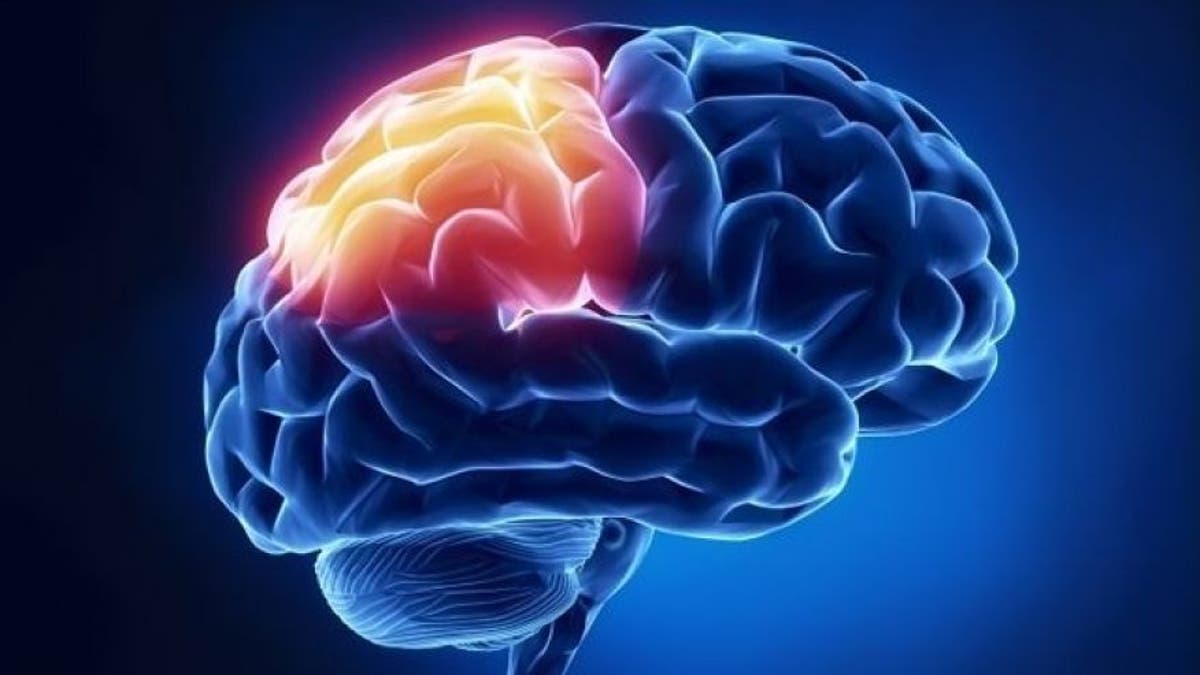
ST. LOUIS – Neurosurgeons using lasers to treat brain cancer have discovered that the technique breaks down the blood-brain barrier, a finding that could lead to new treatment options for patients with the deadly disease.
The blood-brain barrier is sort of a natural "security system" that shields the brain from toxins in the blood but also blocks potentially helpful drugs such as chemotherapy.
"We were able to show that this blood-brain barrier is broken down for about four weeks after you do this laser therapy," said Dr. Eric Leuthardt, a professor of neurosurgery at Washington University in St. Louis.
"So not only are you killing the tumor, you are actually opening up a window of opportunity to deliver various drugs and chemicals and therapies that could otherwise not get there," Leuthardt added.
The study using lasers to treat people with brain cancer is now in a so-called Phase II clinical trial in which a treatment is given to a larger group of people than the initial phase to see if it is effective and to further evaluate its safety.
The laser technology, approved by the U.S. Food and Drug Administration in 2009 as a surgical tool to treat brain tumors, involves a small laser-tipped probe that heats up and kills tumors from the inside out.
As part of the trial, patients after the laser therapy are given the powerful chemotherapy drug doxorubicin, known as one of the least likely to penetrate the blood-brain barrier.
"Kind of makes you smile when they say you are a good candidate for something new," said Kathy Smith, a participant in the clinical trial who has been battling cancer since 2009.
Initially diagnosed with ovarian cancer, Smith is now being treated for recurrent glioblastoma, one of the most difficult forms of brain cancer to treat. Most patients diagnosed with these types of brain tumors survive just 15 months, according to the American Cancer Society.
The trial is still ongoing but Leuthardt called the initial results promising.
"What's interesting is that the blood-brain barrier is a two-way street," Leuthardt said. "By breaking it down, you can get things into the brain, but also by breaking it down now things can go from your brain out into your circulation, to your peripheral system, which includes your immune system."
Leuthardt said he is using drugs to "amplify the immune system to fight the cancer" in combination with laser therapy.
The researchers hope to publish their findings later this year.